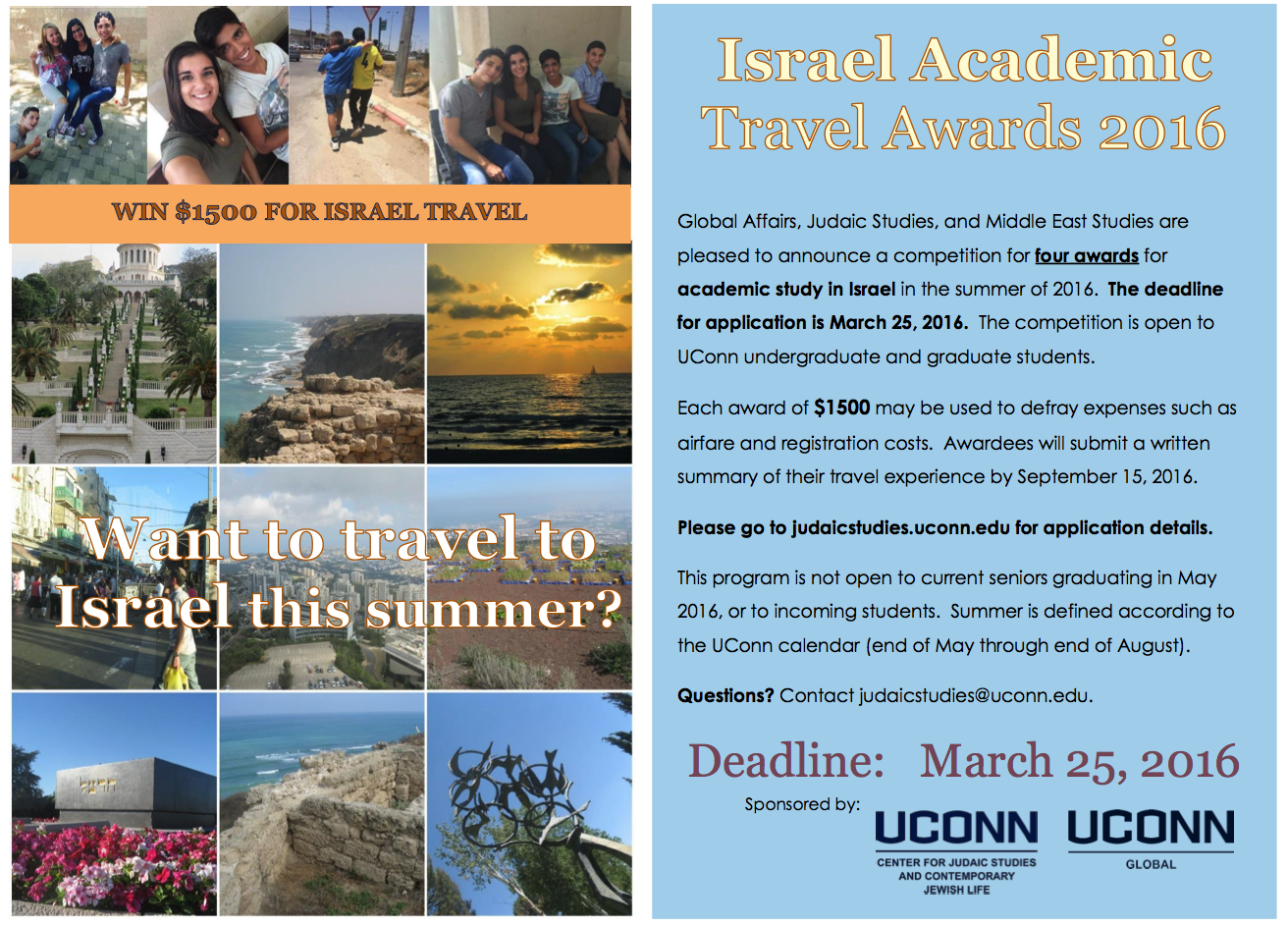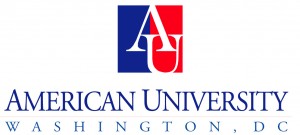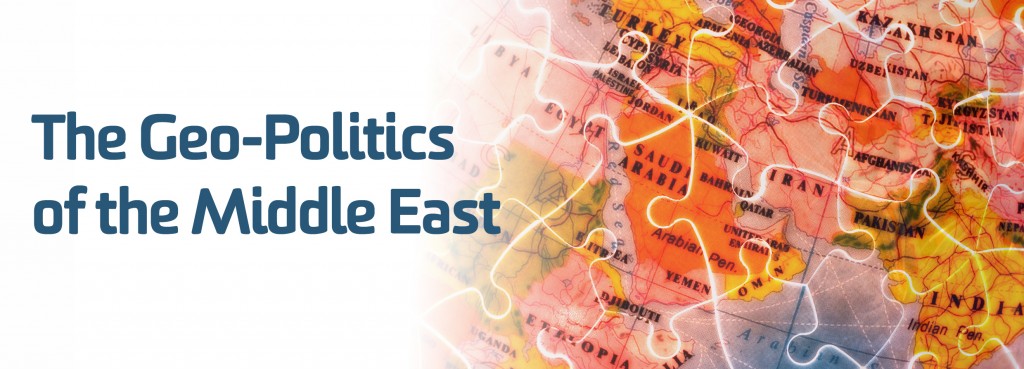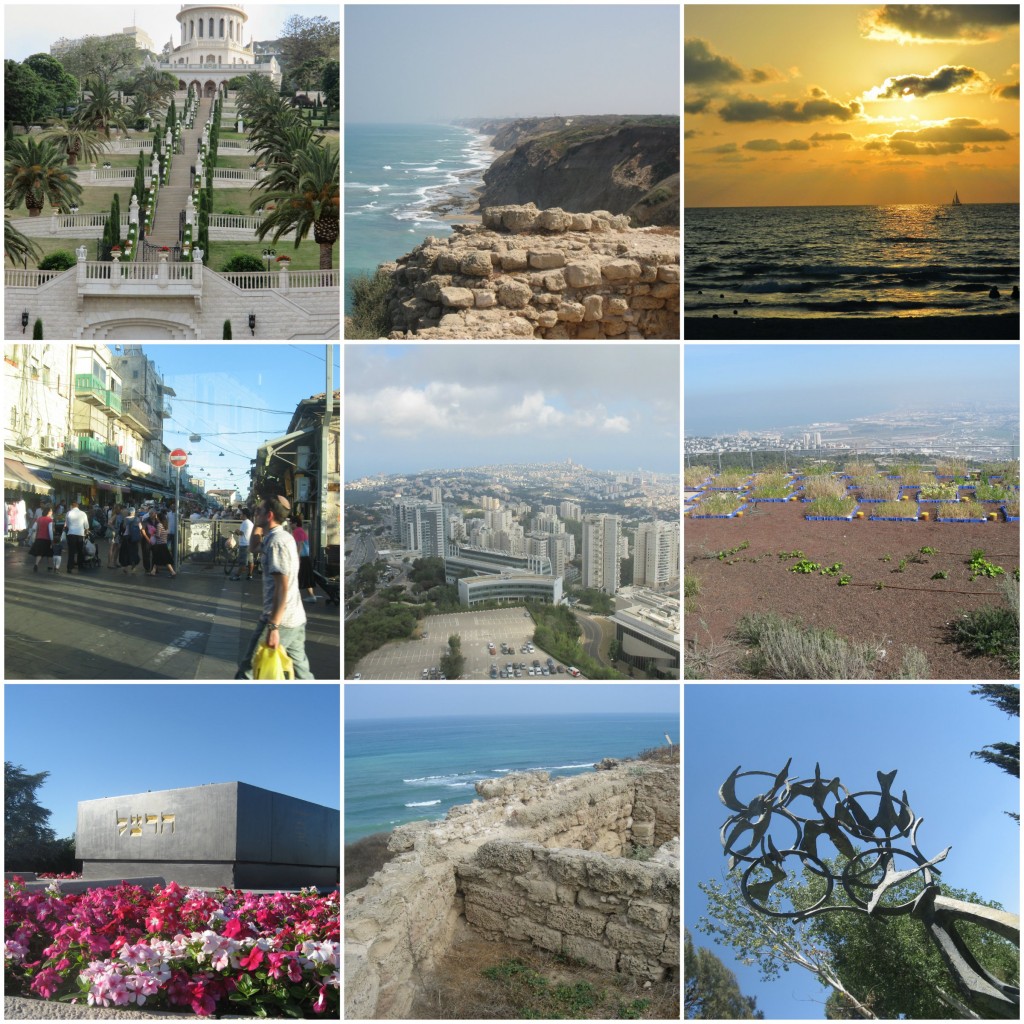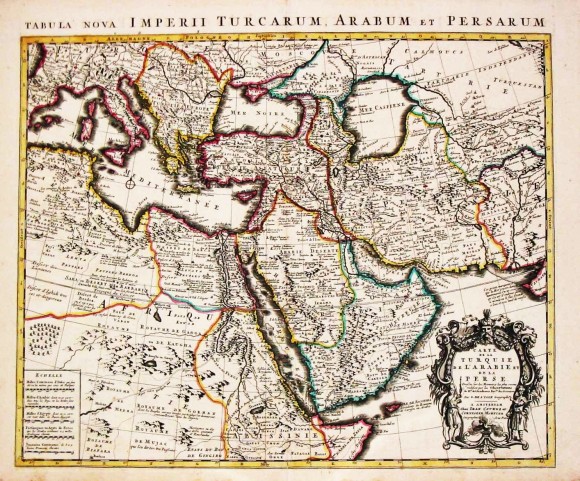 May 6–7, 2016
May 6–7, 2016
We invite graduate students, affiliated faculty, and independent scholars from a broad range of disciplines to submit proposals on any topic concerning the Middle East and Islamic world from the advent of Islam to the present day. Disciplinary focuses include but are not limited to: history, sociology, anthropology, political science, economics, literature, philosophy, art history, cinema and media studies, gender studies, and diaspora studies. If you are unsure about the suitability of your topic, feel free to email us (see address below). Approximately 50 papers will be selected and arranged into themed panels of three or four.
Individual submissions and preformed panels are both welcome, though the latter is especially encouraged. Participants should be prepared to deliver a maximum twenty-minute presentation and respond to questions or comments from an assigned discussant. Written papers should be circulated to panel members at least two weeks before the conference.
Application. Please send submissions electronically to mehat.conference@uchicago.edu by no later than Friday, February 12, 2016. Please include each presenter’s name, institution, and position (graduate student, professor, independent scholar, etc.), and attach a 250-word abstract with a tentative title. The best abstracts will summarize the paper’s topic, its relationship and contribution to existing scholarship and specific conclusions. Abstracts will be collated by an assistant and evaluated anonymously by the coordinators; therefore, please do not include names or any identifying information in the abstract. Selection results will be announced in the middle of March 2016.
Sponsored panels. As in previous years, two of our sponsors are offering limited funding to support special panels in the following fields: (1) modern Arabic literature and (2) Central Eurasian studies. Participants chosen for one of these panels may be eligible for a modest travel subsidy. Those interested should submit their abstracts according to the process outlined above, with a note indicating their interest in being a part of one of these sponsored panels. Applicants not placed on a special panel will still receive full consideration for the general conference. Please circulate widely. Updates and announcements will be shared on the MEHAT website and Facebook page.
For all inquiries, please write to mehat.conference@uchicago.edu.
Conference Coordinators:
Mariam Sheibani PhD Student, NELC University of Chicago
Amir Toft PhD Student, NELC University of Chicago
